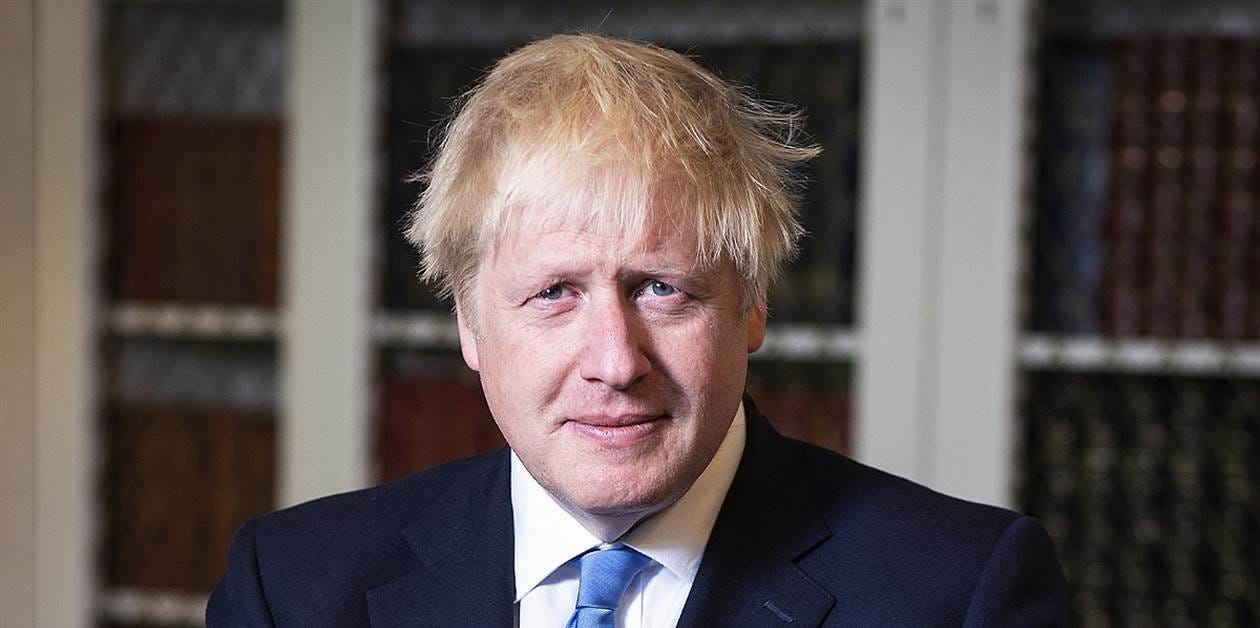Boris Johnson might be the most iconic and divisive figure British politics has seen in the 21st century. Initially currying acclaim as a writer, Boris later served as the Mayor of London from 2008 to 2016 before taking on the role of Foreign Secretary under Theresa May. Between 2019 and 2022, he oversaw one of the most whirlwind micro-eras as Leader of the Conservative Party and, in that role, Prime Minister of the United Kingdom. Last year, he released his best-selling memoir, Unleashed.
Why did we invite him on?
Boris is no shrinking violet. But he can be hard to pin down. While some have praised his non-partisanship and ability to adopt issues more often credited to his “rivals”, others have accused him of holding contradicting, mutually exclusive views. We wanted to find out for ourselves, and a no-holds-barred conversation about geopolitics, net zero, and the changing state of Britain since his departure from leadership seemed the best way to do it.
What did we talk about?
Stateside, support for Ukraine is a marmite issue. The American right increasingly argues that Putin was provoked, that the West, in entertaining the idea of welcoming Ukraine into NATO and expanding its sphere of influence eastward, “poked the bear.”
To Boris, “it’s total nonsense.”
”There was not a snowball’s chance in Hell of Ukraine joining NATO, and Putin knew this … There was no plan to put missiles on Ukraine soil, and there was no plan to get Ukraine into NATO.”
Boris offers a peek behind the curtain to the UK’s response. When did it become clear that Putin was about to take fatal action? What was the mood at No. 10?
In this story, Boris isn’t merely a commentator, staring into the fish bowl, making guesswork. Rather, he was an actor in some of the crucial moments of diplomacy at the outbreak of the war. Here, he shares the details of the “incredibly depressing and creepy conversation” he had with the Russian leader and considers whether this all could have been avoided if Ukraine had been welcomed into the alliance earlier.
”Ukraine has joined the unhappy ranks of so many other countries in central and eastern Europe that have been invaded by Russia. Why are Poland, Hungary, Czechoslovakia, the Baltic states, and Finland all members of NATO? Because they’ve all been invaded by Russia, and very violently.”
But is there no reason to resist escalation? Much of the West’s hesitation to throw their full-bodied support behind the Ukrainians is a fear that Putin, backed into a corner, will reach for the red button, embroiling the world in nuclear war. Is that not a possibility we should account for?




